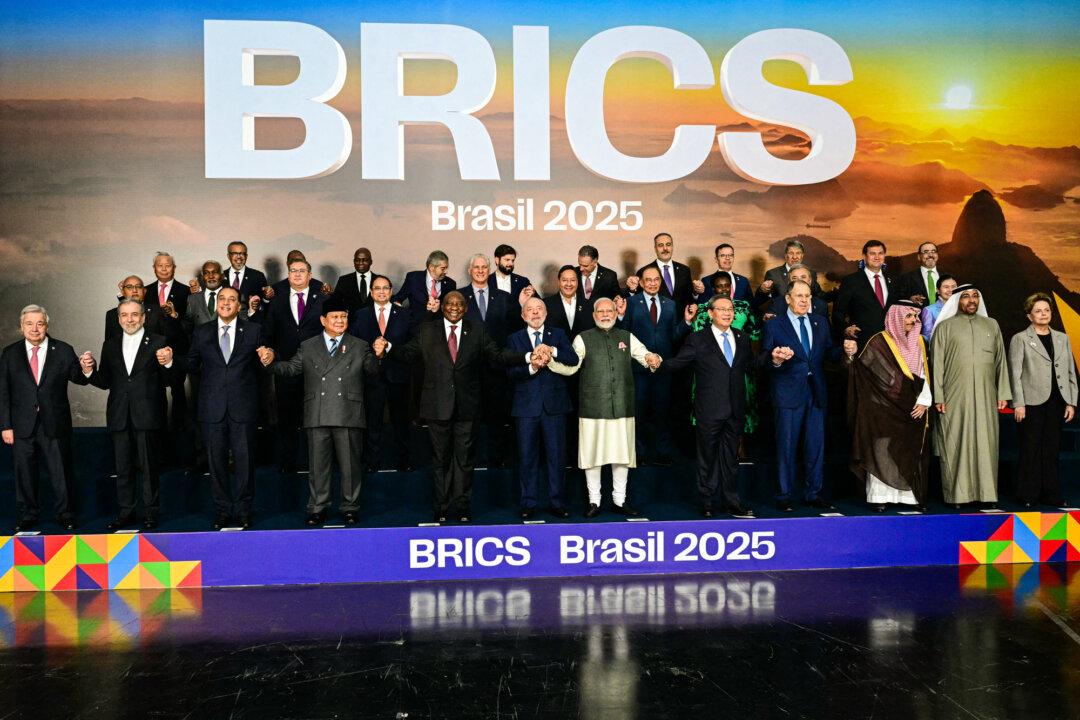President Donald Trump’s decision to begin U.S. troop withdrawal from Syria sets off America’s military establishment and foreshadows Russian dominance there. Or does it?
When Trump announced that the United States would begin to draw down its 2,000-member military presence in Syria, handwringing among some in the U.S. military began in earnest.





